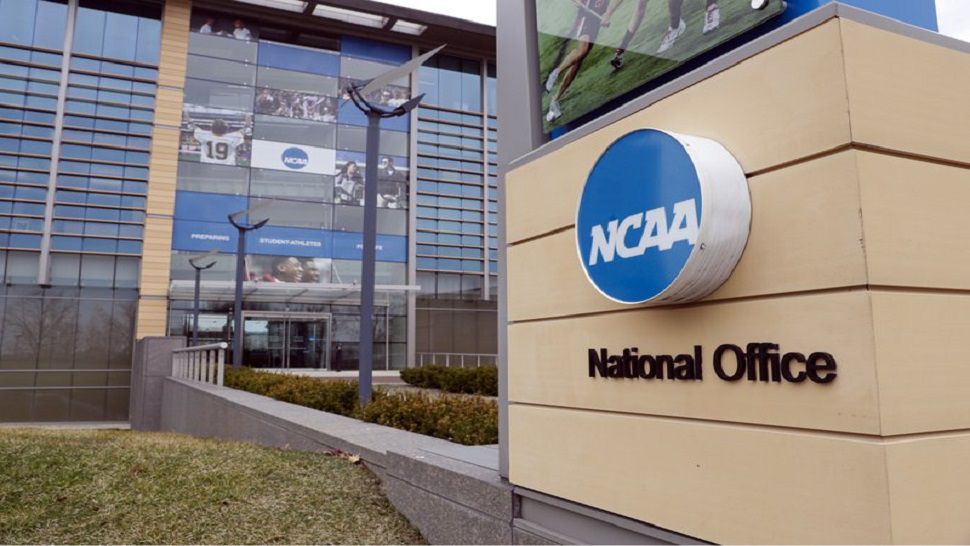TALLAHASSEE, Fla. — Florida on Wednesday joined an antitrust lawsuit filed by the states of Tennessee and New York, the District of Columbia and the Commonwealth of Virginia that challenges the NCAA's rules restricting how athletes can commercially use their name, image, and likeness and prohibiting compensation for recruits.
What You Need To Know
- The state of Florida on Wednesday joined an antitrust lawsuit against the NCAA
- The lawsuit challenges the name, image and likeness restrictions of the college sports governing body
- The original lawsuit was filed Jan. 31 by Tennessee, New York, Virginia and the District of Columbia
- The legal case said the rules hurts the states' economies and the welfare of their athletes
The lawsuit says the restrictions are anticompetitive and violate the Sherman Act. It says enforcement of the rules harms "the states’ economies and the welfare of their athletes, and should be declared unlawful and enjoined."
Florida is joining the lawsuit, originally filed on Jan. 31, after reports in January that the NCAA was investigating Florida over its recruitment of class of 2023 quarterback Jaden Rashada, who signed with Florida in December 2022 but never enrolled and later enrolled at Arizona State. The NCAA also announced Level II sanctions against Florida State during the same month, accusing its athletic program of using NIL payments to entice recruits. The NCAA said it sanctioned Seminoles assistant coach Alex Atkins and an unnamed booster for impermissible recruiting activity and facilitating impermissible contact with a NIL-related booster.
The lawsuit says the NCAA changed its rules to permit college athletes to earn certain types of compensation from their NIL. "But, after allowing NIL licensing to emerge nationwide, the NCAA tried to stop that market from functioning" by allowing NIL compensation for current athletes but enforcing its rules for prospective athletes, including those in the transfer portal.
In a statement, Florida Attorney General Ashley Moody said, “It appears no one could ever comply with these ever-changing and unfair regulations that limit the ability of student athletes to negotiate in good faith. I am taking legal action to reverse the unlawful restrictions the NCAA has placed on Florida universities and our collegiate athletes.”
The NCAA restrictions prohibit prospective student-athletes from discussing NIL opportunities with schools and collectives prior to enrollment, including:
- Negotiating with collectives,
- Reviewing NIL offers prior to making enrollment decisions,
- Learning about the full scope of NIL-related services schools might offer upon enrollment.
In late February, U.S. District Judge Clifton Corker in the Eastern District of Tennessee issued a preliminary injunction that bars the organization from enforcing its rules prohibiting NIL compensation for recruits, but that ruling covered one district. If the NCAA appeals, the case would go to the 6th U.S. Circuit Court of Appeals overseeing Tennessee, Kentucky, Ohio and Michigan. Florida is part of the 11th Circuit Court of Appeals.
Corker's ruling undercut what has been a fundamental principle of the NCAA’s model of amateurism for decades: Third parties cannot pay recruits to attend a particular school.
The judge wrote the NCAA’s stance likely violates antitrust law because Congress so far has been unwilling to give the association an antitrust exemption. The judge said athletes with a limited recruiting window are hurt by not being able to know their true value before committing to a school.
The NCAA said it would review the ruling and talk with its member schools about possible policy changes. But the NCAA said turning rules supported by its members “upside down” will only make an already chaotic situation worse and lessen protections keeping athletes from being exploited.



